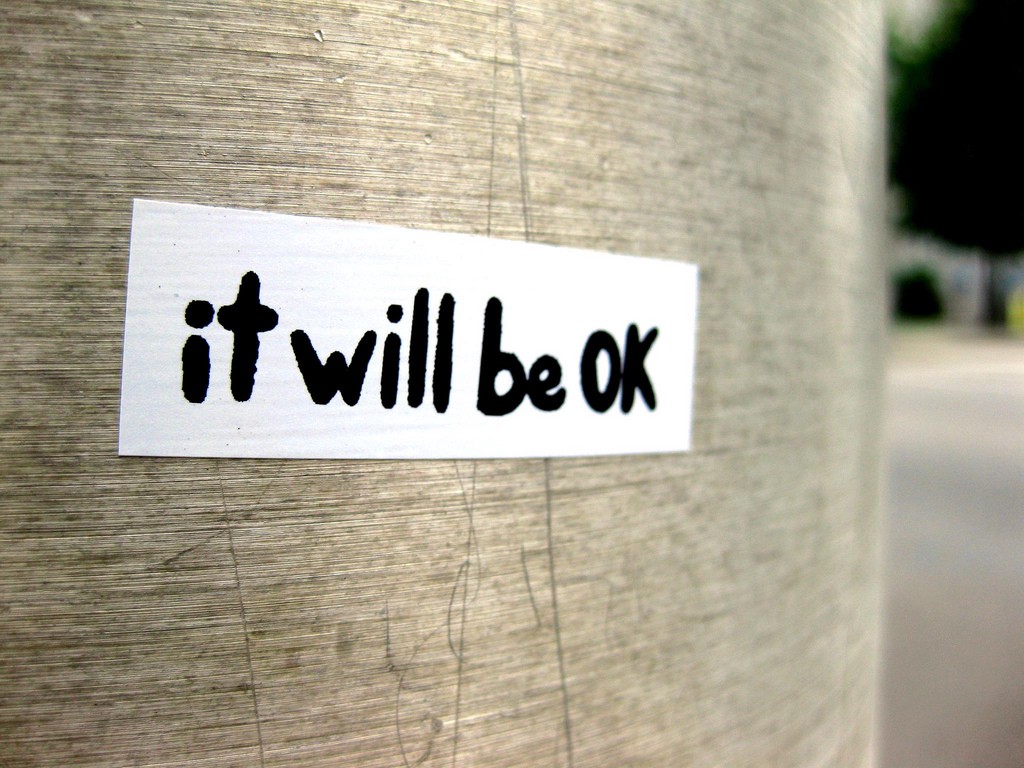Now is our time. Our time to finally put mental health on par with physical health. And I truly believe we are at a watershed moment. Although we have known for years, indeed for generations, that emotional health and physical health are tightly intertwined, that knowledge has not always equaled action. In fact, decades of research has shown the profound impact that mental health issues have on overall medical health, worsening clinical outcomes, impairing productivity at work, and leading to significantly greater medical costs to the tune of $200 billion dollars in avoidable medical spend each year.
We also know that more than 40 million US adults still experience mental health issues every year. Many more go undiagnosed, and less than half of those with mental health conditions receive the care they need and deserve. Even the US Surgeon General is behind this movement, calling us to action to do better to help those experiencing mental health and substance abuse issues.
Our Moment
As a cardiologist, I witnessed first-hand how often my patients’ emotional health impeded recovery, hampered their ability to adhere to medications and make the necessary lifestyle changes that they knew were critical for their health. I wondered how we could truly help patients live their lives better, how we could help them identify the barriers that were standing in their way, and how we could help them overcome those barriers.
And I realized that for so many patients the barrier was not some moral flaw, lack of desire, or lack of understanding. The barrier was real and it was depression, anxiety, stress, or simply the lack of resiliency or coping skills in the face of a new or worsening medical condition. But the healthcare system was not set up to help them address these barriers. Medical care and mental health care were not sufficiently integrated. We were a disease care system, not a health care system.
Today’s challenges are tomorrow’s opportunities to do better. We can do so much better to recognize the critical impact of emotional health on overall health, to help make needed care much more readily accessible and higher quality, and to let our patients know that it’s OK to not be OK.
Time for Action
We can change the way we perceive mental health issues. We can and we must elevate behavioral health to be on par with medical health. We can acknowledge that mental health is a core and critical component of overall health and well-being.
It was in this spirit that I traded my role as an academic cardiologist for my new role as Chief Medical Officer at a behavioral health company trying to tackle these challenges and find innovative ways to engage and treat individuals with medical and mental health challenges. And it’s in that spirit that I’m thrilled to contribute to Thrive Global. Arianna Huffington and Thrive Global are embarking on a stellar mission backed by the singular understanding that by improving emotional health, we can improve people’s lives, their overall health, and increase productivity for both companies and individuals around the world.
Today’s statistics may not paint a pretty picture, but with clarity comes conviction. I am excited to be a contributor for Thrive Global to be a champion for those in need, to help eliminate the stigma so many face, and to harness the power of people to help bridge the chasm between physical and mental health. Our time is now to say it’s OK to not be OK.
Originally published at medium.com


